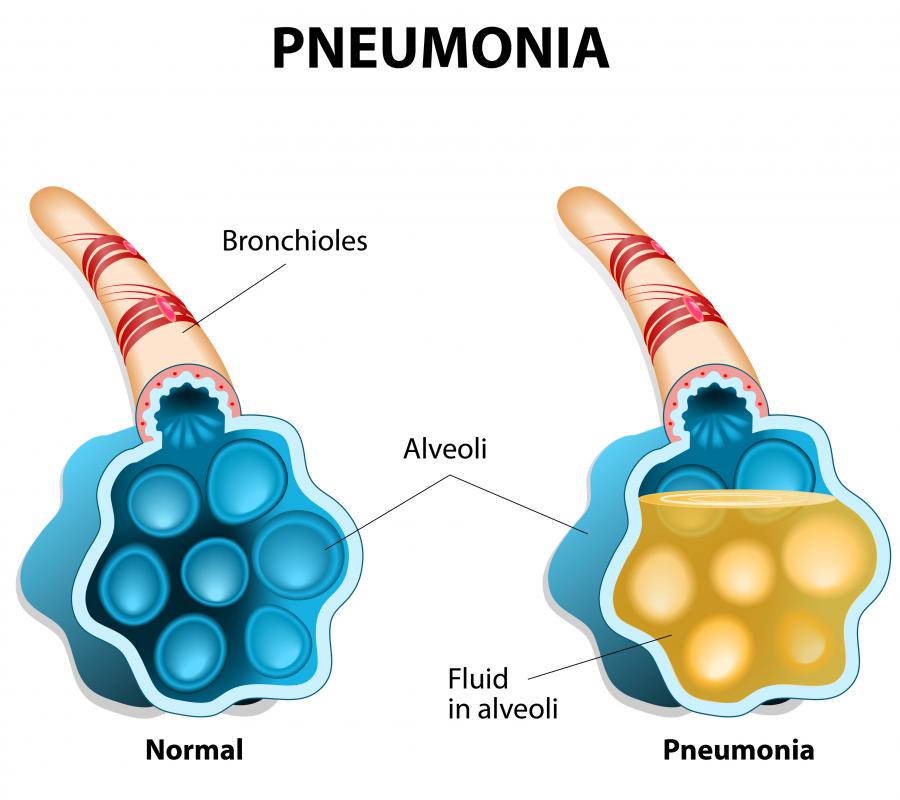At WiseGEEK, we're committed to delivering accurate, trustworthy information. Our expert-authored content is rigorously fact-checked and sourced from credible authorities. Discover how we uphold the highest standards in providing you with reliable knowledge.
What Is an Aminoglycoside?
An aminoglycoside is an antibiotic. Antibiotics are substances that combat bacterial infections, such as urinary tract infection, streptococcus, pneumonia, tuberculosis and other diseases. Different antibiotics treat different bacteria. For example, penicillin antibiotics, derived from mold, treat a certain type of Gram-positive bacteria that display certain vulnerable characteristics in structure and behavior. Aminoglycosides attack Gram-negative bacteria that are specifically aerobic and virulent.
The first aminoglycoside antibacterial, streptomycin, was developed in 1943 from the Streptomyces griseus bacterium. It was found to be very effective against tuberculosis, a deadly mycobacteria that ionfects the lungs. At least seven other aminoglycosides have been isolated since then, including neomycin, amikacin, paromomycin, tobramycin, gentamicin, netilmicin and kanamycin. Aminoglycosides are toxic to certain cells of the body and are therefore administered with care, paired with other antibiotics, or used only when other antibiotics have proven ineffective. These antibiotics are administered intravenously or through intramuscular injections, because aminoglycosides are not absorbed into the body through the digestive system.

Side effects of the aminoglycoside antibiotics include temporary damage to the inner ear and kidneys, as permanent damage is rare. Common complications from aminoglycoside use includes tinnitus, dizziness, temporary loss of hearing, vertigo, difficulty urinating and kidney damage. Severe side effects can include nausea, vomiting, difficulty breathing, skin rash and seizures. Patients with kidney disease, Parkinson's disease or myasthenia gravis should avoid these antibiotics. Pregnant women should abstain from aminoglycosides, but intake is safe during breastfeeding as studies have shown that very little of the drug passes to mother's milk.

An aminoglycoside is so named because the basic molecule components consist of amino-modified sugars. The specific shape and molecular content of aminoglycosides interfere with cell wall function in certain aerobic bacteria. Aerobic bacteria require oxygen for life, as opposed to anaerobic bacteria that do not require oxygen.Aminoglycosides are ineffective against anaerobic bacteria as well as fungi and viruses. Only paromomycin is shown to resist parasites.
AS FEATURED ON:
AS FEATURED ON:

















Discuss this Article
Post your comments